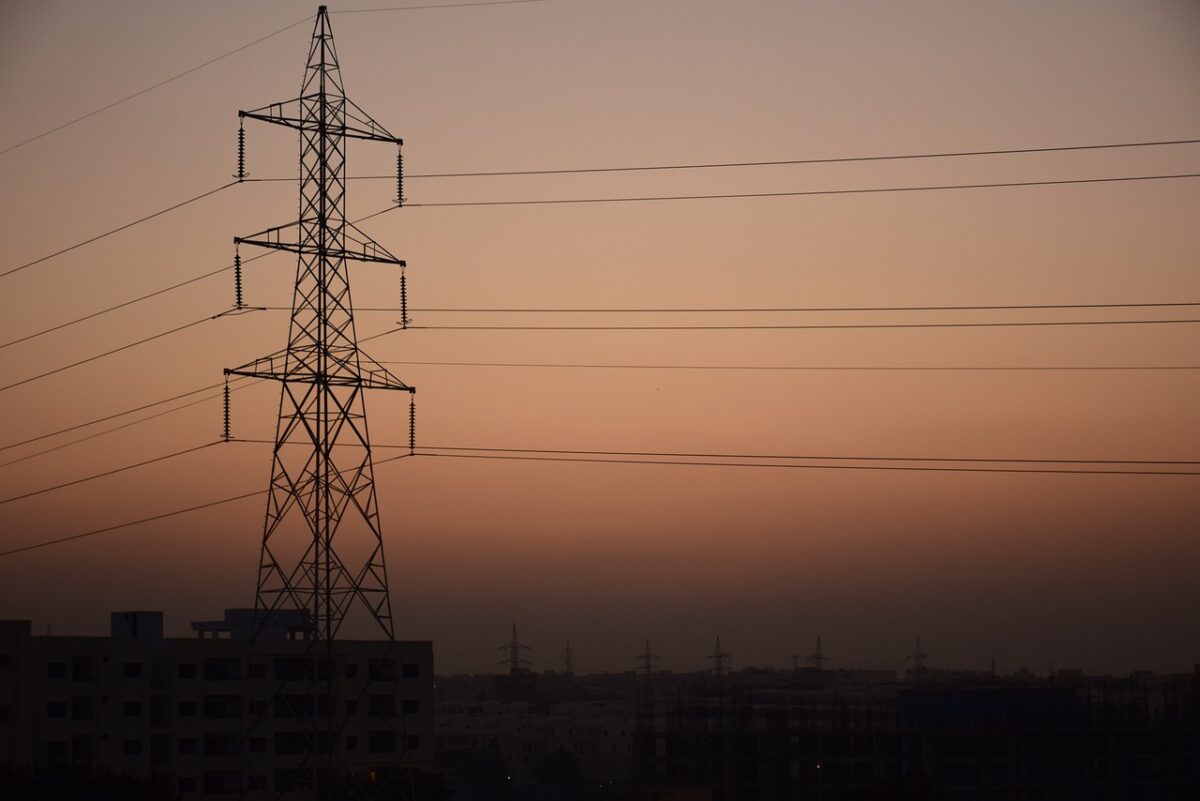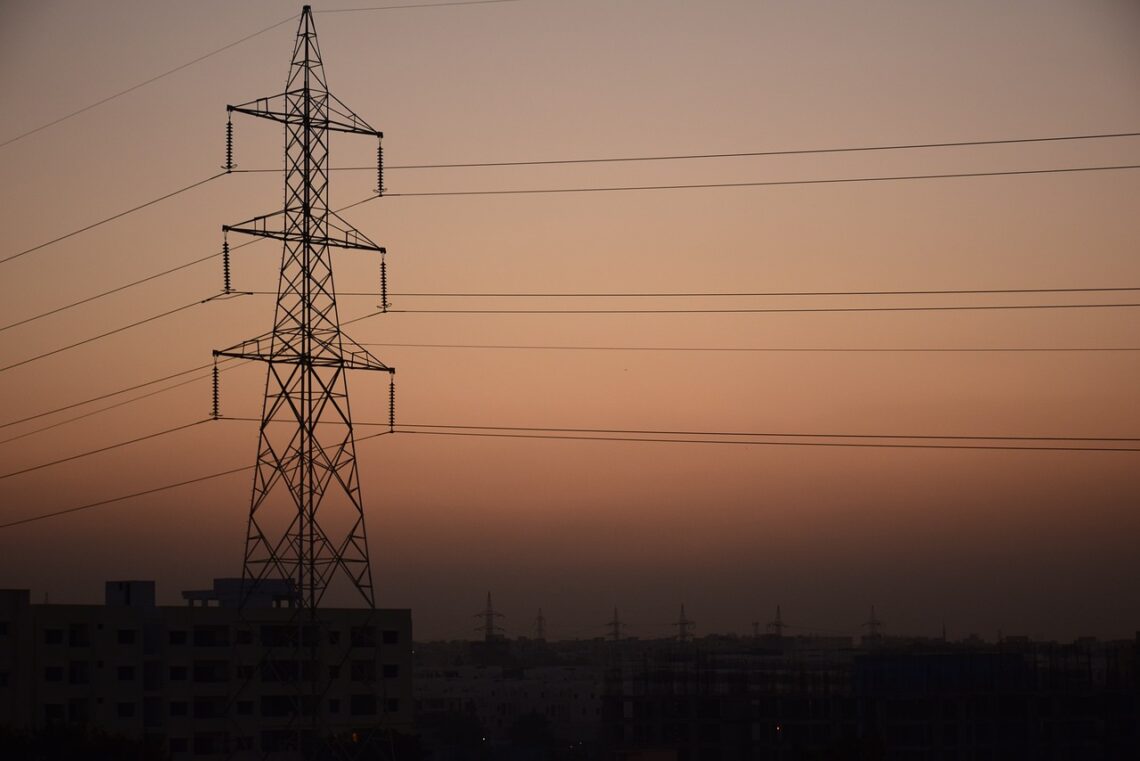In a bid to address the growing financial needs of power companies, the government has formally proposed a substantial 25 percent increase in the base national electricity tariff. This adjustment is slated to come into effect on July 1, 2025, aiming to secure a revenue requirement of approximately Rs 4 trillion in the fiscal year 2025.

The request, put forward by the Central Power Purchasing Agency (CPPA) of the Power Division on behalf of power companies, has prompted the National Electric Power Regulatory Authority (Nepra) to convene a public hearing on May 23. The hearing intends to scrutinize a petition calling for an increase ranging from Rs 4.40 to Rs 6.51 per unit in the overall power purchase price (PPP) for the fiscal year 2025.
The CPPA, functioning as a commercial agent for the power sector, has outlined seven distinct scenarios for electricity sales during FY25. These projections anticipate electricity sales ranging from 131,000 to 139,000 gigawatt hours (GwH), with demand growth varying from 3 pc to 5 pc.
Under the proposed adjustments, the minimum increase in PPP is Rs 4.40 per unit, escalating to Rs 6.50 per unit, reaching up to Rs 27.11 per unit in certain scenarios. On average, the CPPA is seeking a hike of Rs 6.800 per unit in PPP, translating to more than a 25pc increment, based on an annual revenue requirement of approximately Rs3.6 trillion.
The surge in electricity tariff primarily stems from significant increases in energy purchase prices (EPP) and capacity payment price (CPP). The EPP for the next fiscal year is projected to rise to Rs 1.16 trillion to Rs 1.26 trillion from Rs 840.5 billion in the current year. Similarly, the CPP is expected to climb to Rs19.8 per unit from Rs17 per unit, totaling close to Rs2.2 trillion compared to Rs1.87 trillion in the ongoing fiscal year.
Moreover, additional charges, such as transmission fees, service charges, and distribution margins, contribute to the overall tariff revision.
This tariff adjustment proposal, developed in consultation with various stakeholders, including Nepra, Power Division, and Discos, is pivotal in shaping the circular debt management plan, crucial for the forthcoming IMF bailout package. It underscores the collaborative effort to navigate the complex landscape of the power sector and ensure sustainable growth.

















